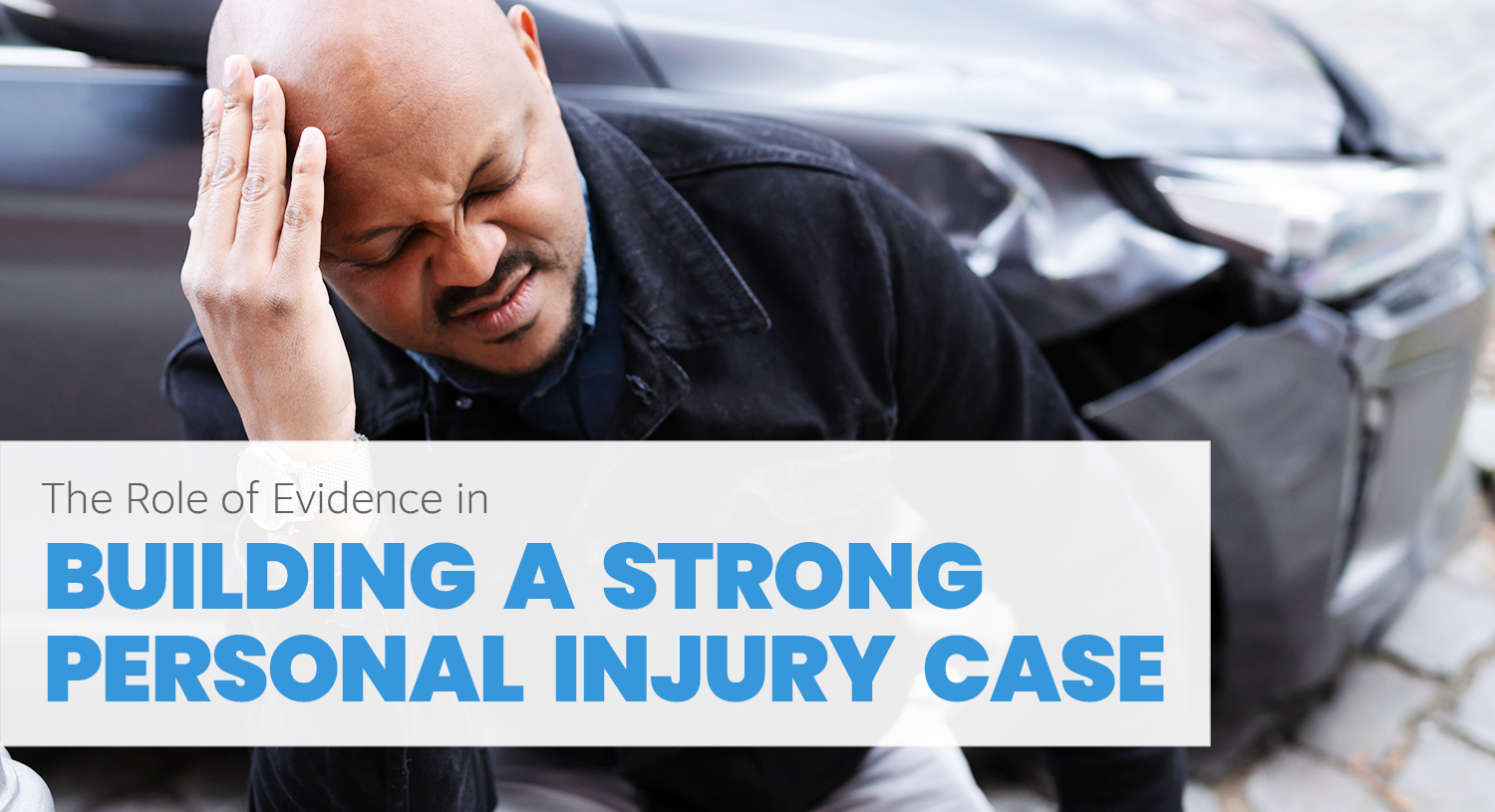Experiencing a personal injury can be a traumatic event. It can feel overwhelming, and filing a personal injury claim can complicate your situation even further if not appropriately managed. The foundation of a strong personal injury case lies in the evidence—both tangible and intangible—that supports your claim. Without supporting evidence, your personal injury claim is merely allegations, making it challenging to uncover the truth.
Types of Evidence in Personal Injury Cases
Physical Evidence: This type of evidence is among the most straightforward and tangible forms. It encompasses anything that can be physically touched or observed and is directly linked to the incident. Examples include damaged clothing, a faulty product that caused an injury, or photographs of a car after a collision.
Documentary Evidence: Documentation provides essential insights into the circumstances of an injury.
- Medical records that demonstrate the extent of injuries and the impact they have on your daily life.
- Police reports.
- Documentation of damages: including medical bills, loss of wages, or other documentation relating to property damage. Written communication that could indicate negligence or fault all fall under this category.
Testimonial Evidence: This information comes from witnesses who provide sworn statements during depositions or in court. These statements may be given by those directly involved or neutral third-party witnesses who observed the incident.
Expert Testimony: Experts may be called upon to provide specialized insights in many personal injury cases. For example, a medical expert might explain the long-term impact of an injury.
The Role of Evidence:
- Evidence not only supports claims but also upholds the integrity of the legal process. Not all evidence is admissible in court, and strict rules ensure the evidence permitted has been obtained legally, is reliable, and is not hearsay.
- Evidence determines liability from an objective perspective. Examples include a slip and fall accident due to a reported hazard to a driver’s negligence resulting in a car accident. Establishing who is responsible is crucial in a personal injury case, and this determination relies on credible evidence.
- Documentary evidence is essential in demonstrating the impact of your personal injury. For example, medical bills, lost wages, and photographs showing the extent of the injury can help a jury or judge understand the full extent of the victim’s suffering and determine the appropriate financial compensation.
- Strong evidence will dictate the narrative and the outcome of your personal injury case. The defense will actively challenge the credibility of all types of evidence, looking to find inconsistencies in the plaintiff’s story.
The Law Offices of Reginald Keith Davis recognizes that the role of evidence in establishing a strong personal injury case is unmatched. If you or a loved one are dealing with a personal injury claim, ensure that you do not leave the critical aspect of evidence to chance. Schedule a confidential consultation with The Law Offices of Reginald Davis today, and let our experienced team help you get the compensation you deserve.
Contact us now at kcklawyer.com
Phone: (913) 299-8789

